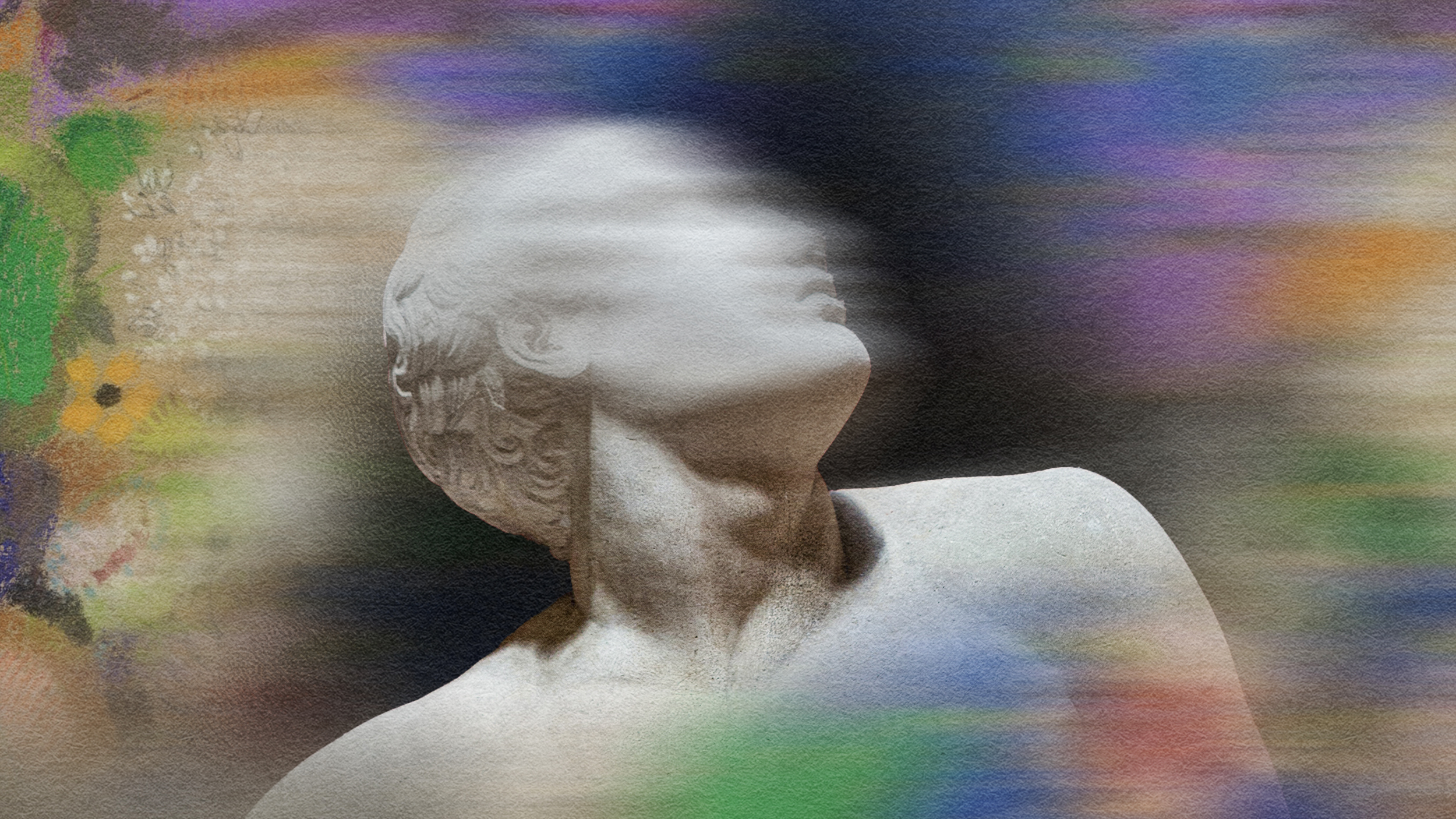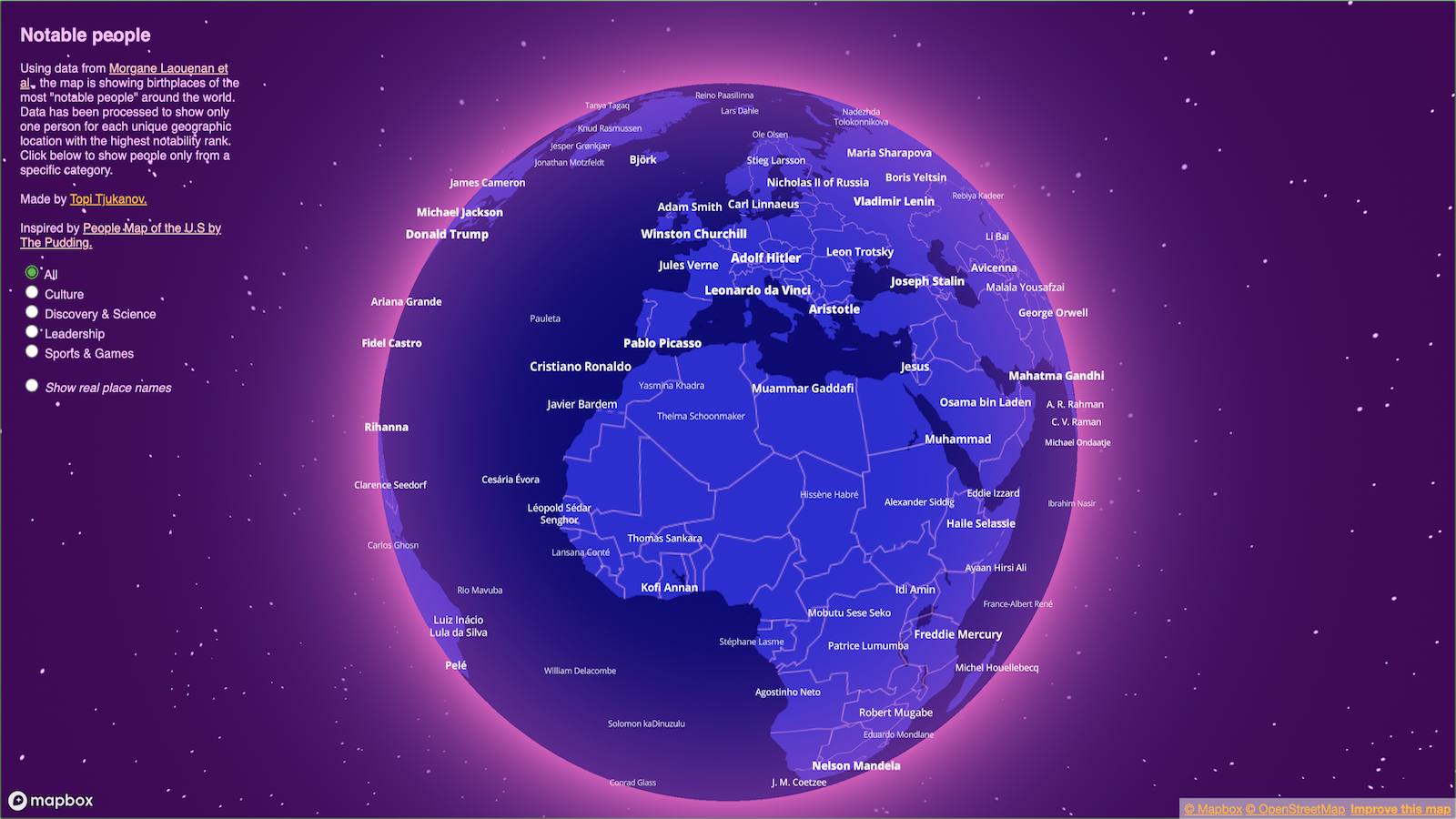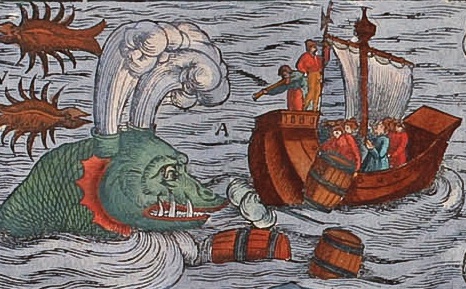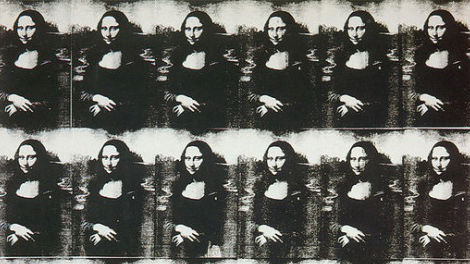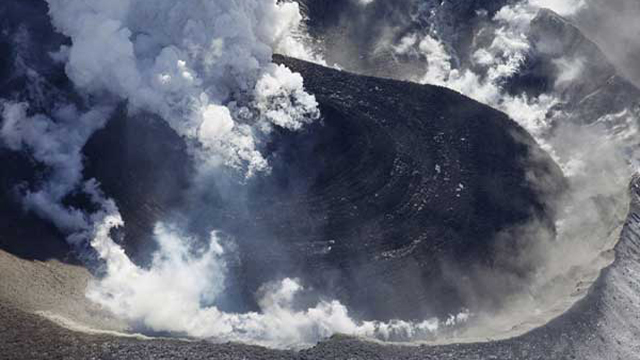Remembering Rumsfeld’s Poetry
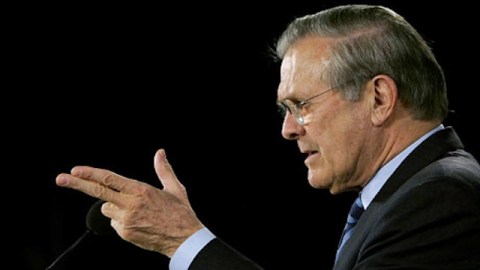
Now we are hearing about the memoir. Now, just as we stand shocked and awed before another chaotic call for revolutionary change in leadership, a moment some have claimed confirm George W. Bush’s vision. What do we remember about the language used by that Administration in the moments leading up to war? It was often mocked; many remember a lack of art more than any skill with rhetoric. But former Defense Secretary Donald Rumsfeld used language well, well enough to be satirized. Slate’s Hart Seely was the Lish to Rummy’s Carver.
Seely wrote Pieces of Intelligence: The Existential Poetry of Donald Rumsfeld. Here are a few of the best from the collection:
The Unknown
As we know, There are known knowns.
There are things we know we know. We also know
There are known unknowns. That is to say
We know there are some things We do not know.
But there are also unknown unknowns,
The ones we don’t know We don’t know.
—Feb. 12, 2002, Department of Defense news briefing
Glass Box
You know, it’s the old glass box at the— At the gas station,
Where you’re using those little things
Trying to pick up the prize,
And you can’t find it.
It’s—
And it’s all these arms are going down in there,
And so you keep dropping it
And picking it up again and moving it,
But—
Some of you are probably too young to remember those— Those glass boxes,
But—
But they used to have them
At all the gas stations
When I was a kid.
—Dec. 6, 2001, Department of Defense news briefing
A Confession
Once in a while,
I’m standing here, doing something.
And I think, ”What in the world am I doing here?” It’s a big surprise.
—May 16, 2001, interview with the New York Times
Seely later did the same for Sarah Palin but, predictably, it was less funny. What makes magic of matching Rumsfeld’s words with tacky poetic devices is the former Defense Secretary’s self-consciously philosophical, yet wry view of life. It was this that marked him as unusual in a genre we could call Men of Action. Rumsfeld may have been the most nimble thinker of that administration, the so-called “smartest guy in the room.” Robert McNamara saw poetry in numbers, while Rumsfeld saw poetry in poetry: in story and language, and in how time works to unravel an idea. He understood, and repeatedly reinforced, the notion that there are things we cannot know, and that there are also things that we should not know. The “known unknown” is a powerful idea.
If ever locked in battle with another wacky, runic deep thinker, our bet is on Rumsfeld to nab that glass box. He would take Assange’s prophecies, grind them to sand, and make castles for display at the Pentagon.

